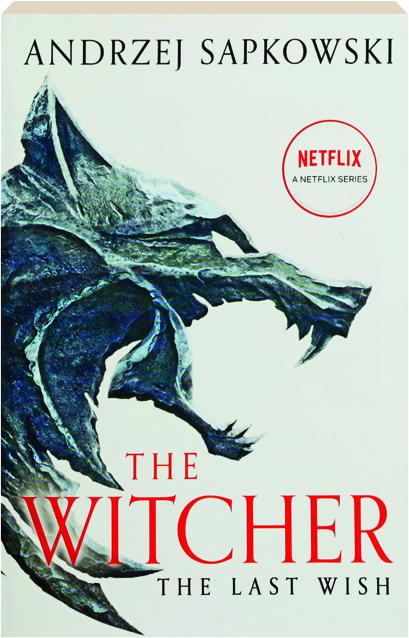 I have read foreign language fantasy translated into English when I find them. DAW Books had some translations of French writer Daniel Walther. The anthology Terra SF II (DAW Books, 1983) had more fantasy than science fiction, all from European writers. I have wanted to read the two novels of Norwegian writer Egil Rasmussen for a while. No translations into English sadly.
I have read foreign language fantasy translated into English when I find them. DAW Books had some translations of French writer Daniel Walther. The anthology Terra SF II (DAW Books, 1983) had more fantasy than science fiction, all from European writers. I have wanted to read the two novels of Norwegian writer Egil Rasmussen for a while. No translations into English sadly.
Polish writer Andrzej Sapkowski has taken off more than any other non-English writing fantasy writer.
The Witcher has been available in English translation in the U.S. since 2009. There has been the game and the Nexflix series since 2019. I have not seen the Netflix series nor played the game.
Hamilton Books had a boxed set of the novels available with a big discount. I picked it up to find out the two story collections were not included. A friend of mine told me to read the story collections first. I patiently waited and Hamilton got the two story collections in, again discounted.
The Last Wish is a collection of six stories with intermissions in between the stories that makes a story in its own right.
The first story, “The Witcher” introduces the character. The story dates to 1986. The Witcher, Geralt of Rivia has white hair. He is an exterminator of supernatural problems. A mix of warrior, sorcerer, alchemist. He deals with a Stregoi in the story. “A Grain of Truth” features a Rusalka. I thought, alright, Slavic folklore and mythology are finally being used in fantasy.
“The Lesser Evil” dates to 1990 where Geralt has to make a difficult decision. “A Question of Price” has some characters that are stand-ins of this world for Gaelic Celts.
“The Edge of the World” has elves and these are not Tolkien’s elves but more like Poul Anderson’s elves. The character of Dandelion the troubadour is introduced.
“The Last Wish” has a sorceress and djinn. The tone is lighter. The setting is late medieval with a distinctly Eastern European feel.
To tell the truth, I was expecting a cheap jack knock off of Michael Moorcock’s Elric. That was not the case. Sapkowski has said he has made use of mythology around the world. He lists Umberto Eco, Ernest Hemingway, and Raymond Chandler as favorite writers. He did read Tolkien as a student. I can see the Chandler influence with the dialogue.
As the stories went on, they became lighter in tone. They remind me of the pulp magazine Unknown and especially L. Sprague de Camp.
I blew through 320 pages of prose with little problem. I have heard the translations from Polish had something to be desired but saw no problem at all. I will take a break and return to the second story collection in a month. Have to keep these things spaced out.
Please give us your valuable comment